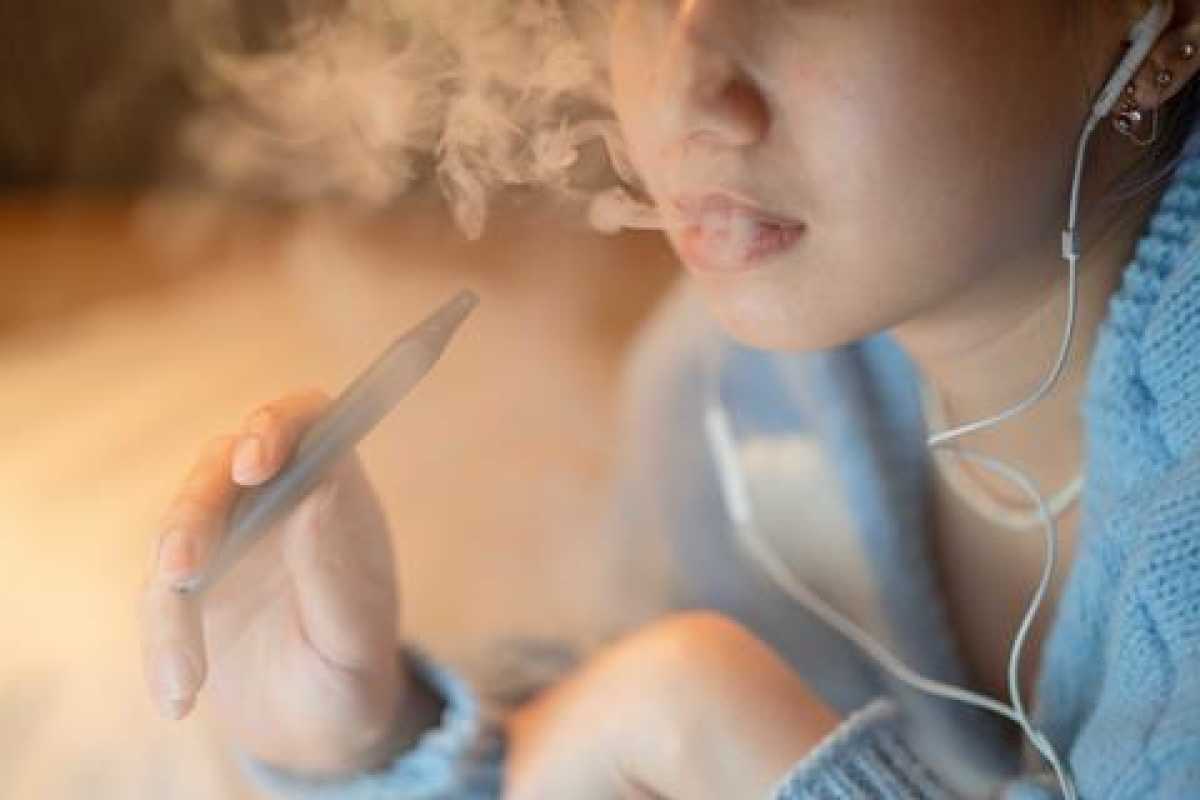News
UK to Ban Disposable Vapes and Close Loopholes in New Legislation

UK ministers are taking further actions to curb the use of disposable vapes by children and young people. In parallel with an upcoming ban on selling tobacco products to anyone born on or after 1 January 2009, the government plans to introduce legislation that will eliminate loopholes like attaching charging points to disposable vapes. Health Secretary Atkins emphasised that the goal is to protect children and young people from nicotine addiction. Measures to make vaping less appealing to children include restricting vape flavours, implementing plain packaging, and reducing their visibility in shops.
This decision comes after a public consultation on smoking and vaping, in which nearly 70% of respondents, including parents, teachers, and healthcare professionals, showed support for the ban. Recent data indicates that the number of children using vapes has tripled over the past three years, with disposable vapes being a significant contributor. Disposable vapes accounted for 69% of vapers aged 11 to 17 in Great Britain in 2023, up from 7.7% in 2021. The addictive nature of nicotine and the unknown long-term health impacts raise major concerns.
The ban aims to protect an entire generation from smoking-related harm and will be accompanied by stringent regulations on vape flavours, packaging, and display in shops. Trading standards officers will have the power to issue on-the-spot fines of up to £100 for selling tobacco and vapes to children in England and Wales. The ban will also be considered in Northern Ireland in the future.
While the government acknowledges the impact on the vaping industry, efforts are being made to strike a balance that both curbs adolescent vaping and maintains access to vapes for adults who use them to quit smoking. Consultation on the implementation of measures related to flavours, packaging, and placement in shops will be carried out.
Education plays a crucial role in preventing young people from vaping and smoking, and schools are legally required to have behaviour policies that ban items like vapes from their premises. The Relationship, Sex and Health Education (RSHE) curriculum is currently being reviewed, with a focus on strengthening content around smoking and vaping. In addition, the government has published training resources for teachers, including materials on e-cigarettes and vaping.
Beyond the disposable vape ban, the government will also enforce legislation preventing the sale of tobacco products to individuals born on or after 1 January 2009. This measure is aimed at ensuring that children turning 15 in 2024 or younger will never be legally permitted to purchase tobacco.
The Royal College of Paediatrics and Child Health has welcomed this announcement, hailing the ban on disposables as a meaningful step in the right direction. Concerns remain about the impact of vaping on young people’s developing respiratory systems and the risks of nicotine addiction, which can lead to withdrawal symptoms such as anxiety, trouble concentrating, and headaches. The ban will significantly reduce the number of disposable vapes, reducing waste and potential harm.












